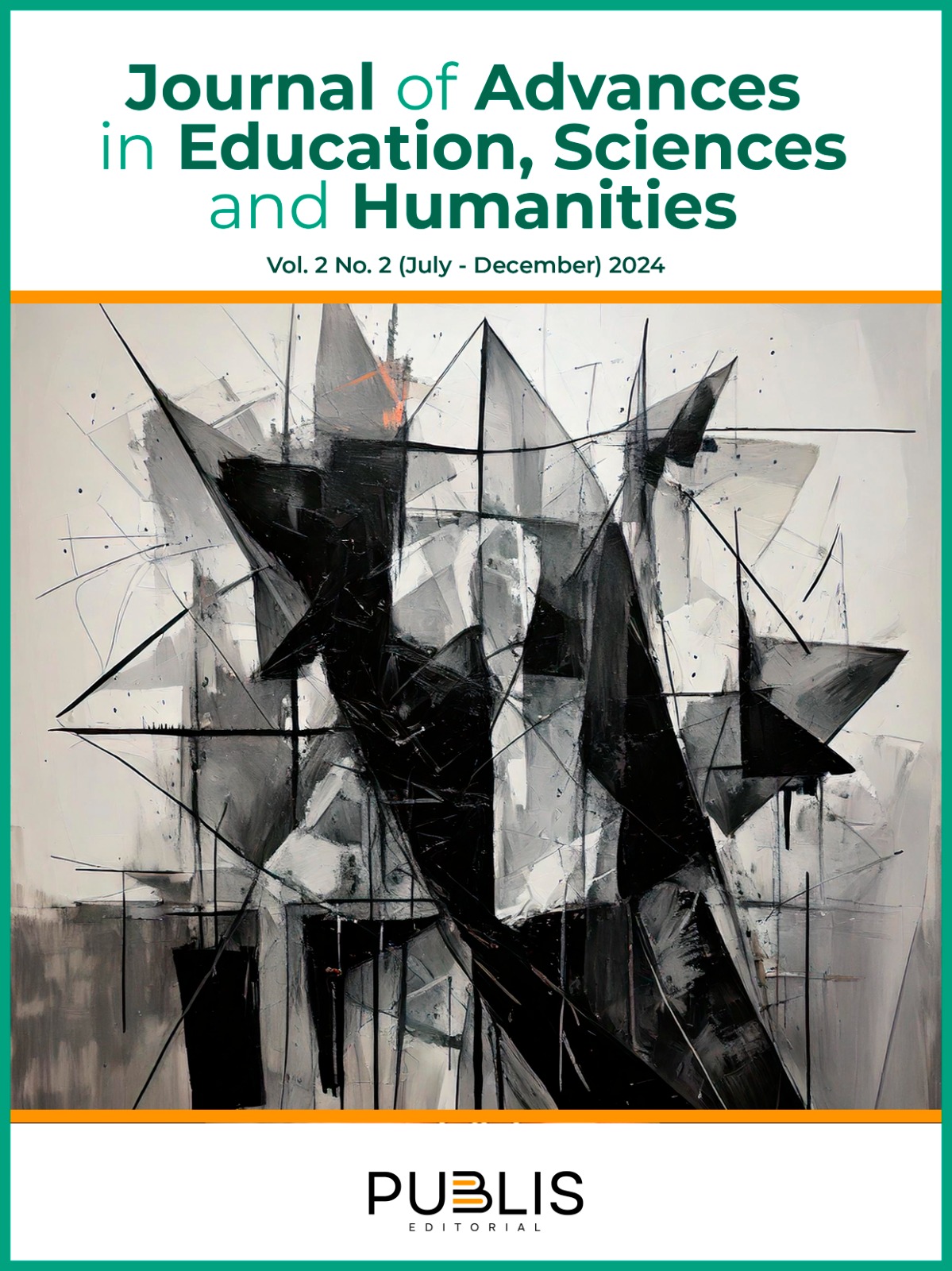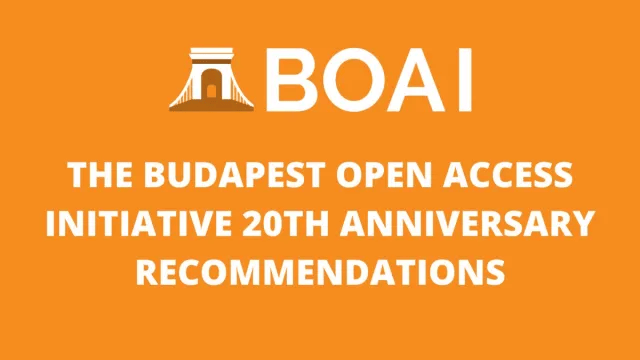La memoria convocada de la pandemia de COVID-19: morir en un mundo interconectado por las redes
DOI:
https://doi.org/10.5281/zenodo.14629914Palabras clave:
pandemia, COVID-19, redes sociales, muerte, bioética, soledad, dignidadResumen
La pandemia de COVID-19 transformó profundamente la percepción de la muerte, un tema que había sido relegado al ámbito privado y ahora es ampliamente discutido en las redes sociales. Este artículo reflexiona sobre el impacto de la pandemia en la concepción de la finitud, especialmente en sociedades marcadas por el hedonismo y la negación de la muerte. Se analiza cómo las tecnologías digitales permitieron nuevas formas de duelo, a menudo caracterizadas por el aislamiento y la virtualidad, y se abordan las implicaciones éticas y sociales de morir en soledad. Finalmente, se destaca la importancia del acompañamiento humano como un componente esencial de la dignidad en los momentos finales.
Descargas
Referencias
Asociación Española de Bioética y Ética Médica (AEBE (2020). Algunas cuestiones éticas tras la pandemia por Covid-19 y sobre la situación que suscita la presencia de esta enfermedad en nuestra sociedad. Cuadernos de Bioética, 31(102), 255-259. http://www.doi.org/10.30444/CB.67
Altares, G. (agosto, 2021). La muerte sin duelo: cómo la pandemia ha transformado la percepción del fallecimiento. El País. https://elpais.com/sociedad/2021-08-29/la-muerte-sin-duelo-como-la-pandemia-ha-transformado-la-percepcion-del-fallecimiento.html
Asociación para el Progreso de las Comunicaciones (APC) (octubre de 2020). Las redes comunitarias ante el COVID-19 en Latinoamérica. https://www.apc.org/es/news/las-redes-comunitarias-ante-el-covid-19-en-latinoamerica.
Castells, M. (2003). La dimensión cultural de Internet. Andalucía educativa, (36), 7-10. https://ia902206.us.archive.org/3/items/elinstantedesisifo_riseup_Psat/Castells_laDimensionCulturalDeInternet.pdf
Chochinov, H.M., Bolton, J., & Sareen, J. (2020). Death, Dying, and Dignity in the Time of the COVID-19 Pandemic. Journal of Palliative Medicine, 23(10), 1294-1295. http://www.doi.org/10.1089/jpm.2020.0406
Duarte, A. (2007). Reflexiones al atardecer. Gobernación de Sucre. Venezuela.
Filip, R., Gheorghita, R., Anchidin-Norocel, L., Dimian, M., & Savage, W.K. (2022). Global Challenges to Public Health Care Systems during the COVID-19 Pandemic: A Review of Pandemic Measures and Problems. Journal of Personalized Medicine, 12(8), 1295. https://doi.org/10.3390/jpm12081295
Bordado, A. (2021). Relationality and Finitude: A Social Ontology of Grief. Aalborg Universitetsforlag. https://doi.org/10.54337/aau443504727
Garduño, E. (2020). COVID 19. Las TICs y el sentido de responsabilidad. https://www.milenio.com/opinion/eduardo-garduno-campa/adn-mexiquense/covid-19-las-tics-y-el-sentido-de-responsabilidad
Rubio, J. (2020.05.25). Seis ideas filosóficas para reflexionar sobre la pandemia. El País. https://verne.elpais.com/verne/2020/05/22/articulo/1590144101_955396.html
Heidegger, M. (1926). Ser y tiempo (E. Rivera, trad.). Escuela de Filosofía Universidad ARCIS. https://www.philosophia.cl/biblioteca/Heidegger/Ser%20y%20Tiempo.pdf
Isasi, F., Naylor, M.D., Skorton, D., Grabowski, D.C., Hernández, S., & Rice, V.M. (2021). Patients, Families, and Communities COVID-19 Impact Assessment: Lessons Learned and Compelling Needs. NAM Perspect, 2021, 10.31478/202111c. https://doi.org/10.31478/202111c
Meade, J. (2021). Mental Health Effects of the COVID-19 Pandemic on Children and Adolescents: A Review of the Current Research. Pediatric Clinics of North America, 68(5), 945-959. https://doi.org/10.1016/j.pcl.2021.05.003
Nietzsche, F. (2008). Así hablaba Zaratustra (31ª ed.). EDAF.
Nietzsche, F. (1995). El Anticristo. Maldición sobre el cristianismo (11va ed.) (A. Sánchez, trad.). Alianza Editorial.
Ortega, R. (2021). La pandemia del Covid-19 como experiencia límite del sentido de la existencia del ser humano posmoderno. Sophia, 30, 273-296. https://doi.org/10.17163/soph.n30.2021.10
Otto, U. (2023). Post-performance: Pandemic Breach Experiments, Big Theatre Data, and the Ends of Theory. Theatre Research International, 48(1), 24-37. https://doi.org/10.1017/S0307883322000384
Platón (2008). El Banquete. Fedón, Banquete, Fedro (C. García, M. Martínez, E, Lledó trads.). Gredos.
Sallnow, L., Smith, R., Ahmedzai, S.H., Bhadelia, A., Chamberlain, C., Cong, Y., Doble, B., Dullie, L., Durie, R., Finkelstein, E.A., Guglani, S., Hodson, M., Husebø, B.S., Kellehear, A., Kitzinger, C., Knaul, F.M., Murray, S.A., Neuberger, J., O'Mahony, S., Rajagopal, M.R., Russell, S., Sase, E., Sleeman, K.E., Solomon, S., Taylor, R., Tutu van Furth, M., Wyatt, K., & Lancet Commission on the Value of Death. (2022). Report of the Lancet Commission on the Value of Death: bringing death back into life. Lancet, 399(10327), 837-884. https://doi.org/10.1016/S0140-6736(21)02314-X
Savater, F. (2007). La vida eterna. Ariel.
Selman, L.E., Chamberlain, C., Sowden, R., Chao, D., Selman, D., Taubert, M., & Braude, P. (2021). Sadness, despair and anger when a patient dies alone from COVID-19: A thematic content analysis of Twitter data from bereaved family members and friends. Palliative Medicine, 35(7), 1267-1276. https://doi.org/10.1177/02692163211017026
Severo, E.A., Ferro, J.C., Luan, M., & Parizotto, R. (2019). The Influence of Social Networks on Environmental Awareness and the Social Responsibility of Generations. Brazilian Business Review, 16(5), 500-518. https://doi.org/10.15728/bbr.2019.16.5.5
Sófocles (2014). Antígona (A. Alamillo trad.). Gredos.
Tukur, M., Saad, G., AlShagathrh, F.M., Househ, M., & Agus, M. (2023). Telehealth interventions during COVID-19 pandemic: a scoping review of applications, challenges, privacy and security issues. BMJ Health & Care Informatics, 30, e100676. https://informatics.bmj.com/content/30/1/e100676
Páez, V. (2022). Del sentimiento trágico de la vida a la plenitud de plenitudes en la filosofía de Miguel de Unamuno. MF, 42-52. https://web.seducoahuila.gob.mx/biblioweb/upload/Miguel%20de%20Unamuno%20Del%20sentimiento.pdf
Yu, J.H., Liu, C.Y., Chen, W.K., Yu, S.H., Huang, F.W., Yang, M.T., Chen, C.Y., & Shih, H.M. (2021). Impact of the COVID-19 pandemic on emergency medical service response to out-of-hospital cardiac arrests in Taiwan: a retrospective observational study. Emergency Medicine Journal, 38(9), 679-684. https://doi.org/10.1136/emermed-2020-210409
Publicado
Declaración de disponibilidad de datos
No aplicable.
Número
Sección
Licencia
Derechos de autor 2025 José R. Abreu, Richard Cesín, Luis R. Muñoz (Author)

Esta obra está bajo una licencia internacional Creative Commons Atribución-NoComercial-CompartirIgual 4.0.




































